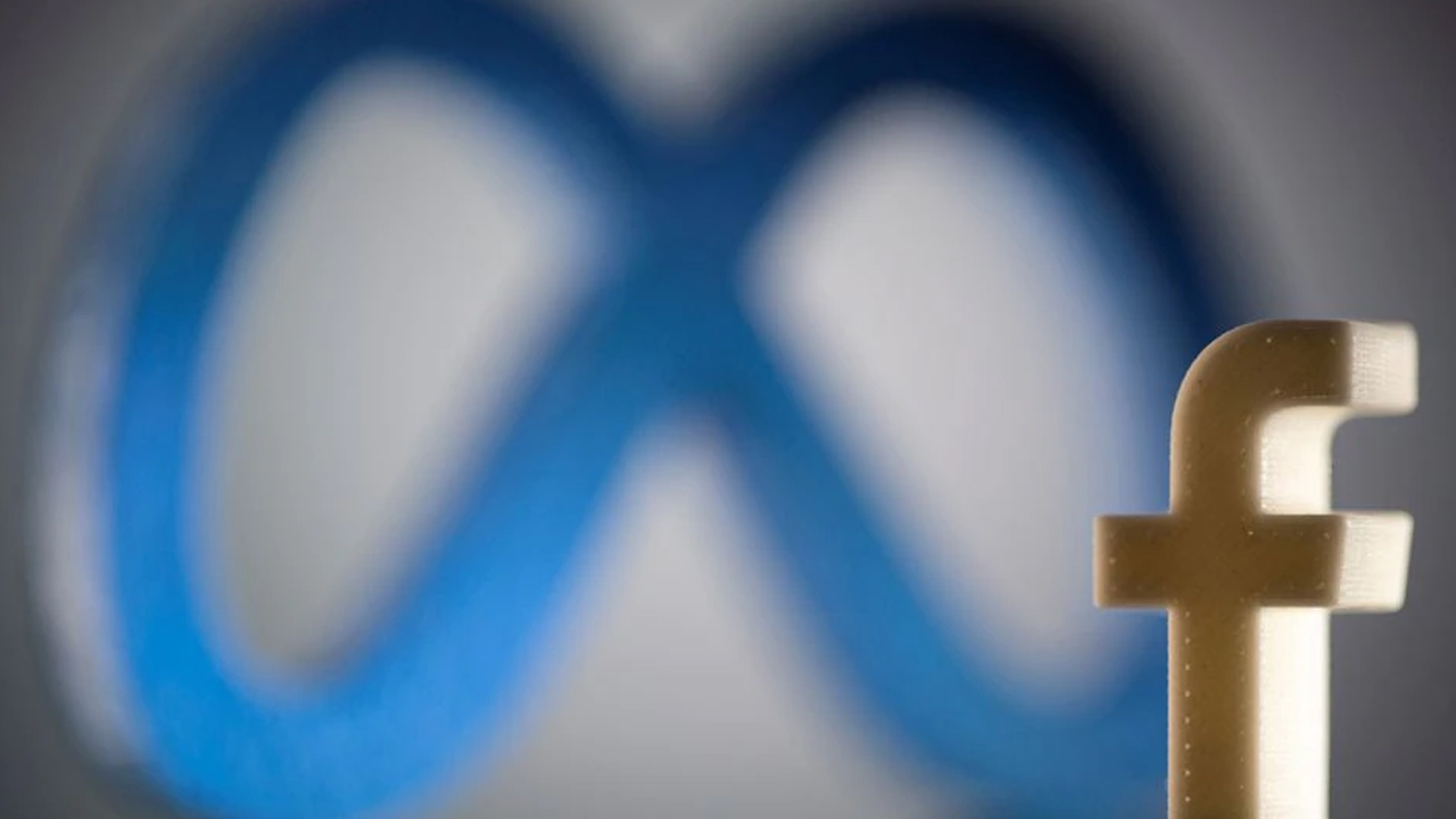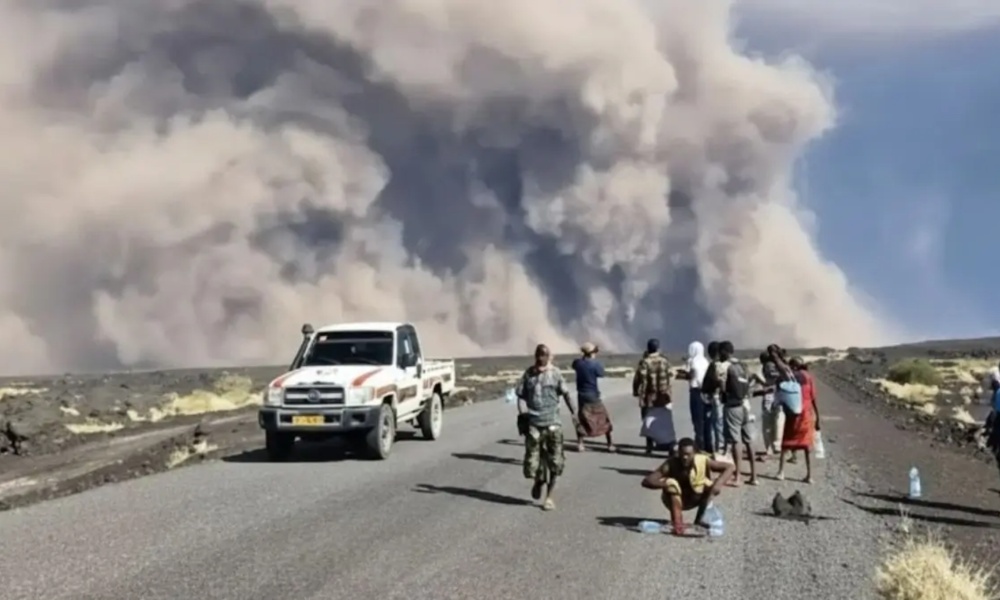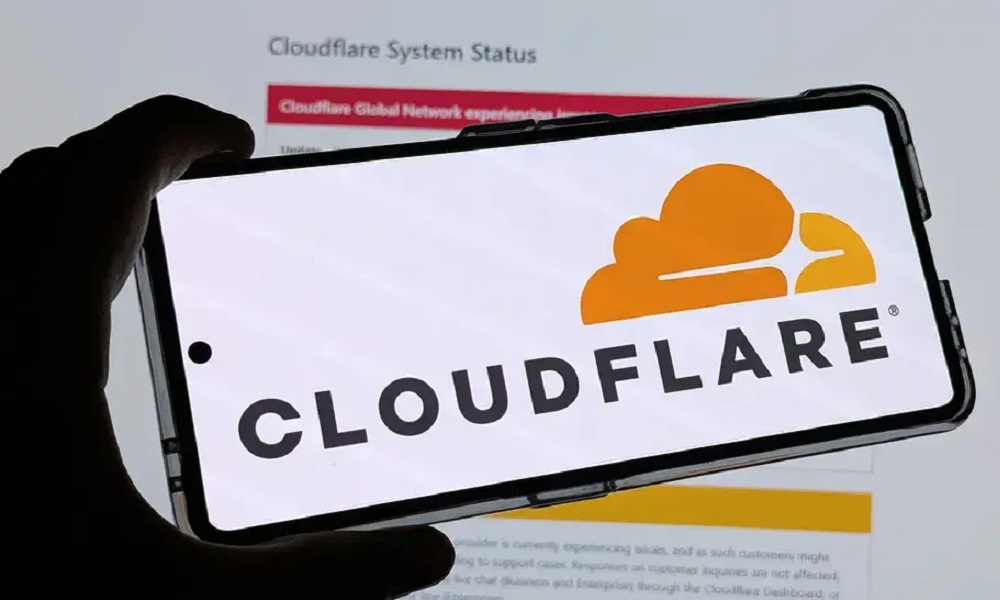Science & Technology
Facebook owner Meta to lift veil off its metaverse business

Since October, Facebook has renamed the company, articulated a vision of the internet where people can digitally connect through virtual-reality avatars or teleport to see places like ancient Rome, and helped trigger the metaverse investment craze.
When the company, now Meta Platforms Inc, reports fourth-quarter results on Wednesday, investors will get a new window into the financial impact of CEO Mark Zuckerberg’s current passion.
Meta plans to break out the results of its augmented and virtual-reality hardware unit, Reality Labs, for the first time, an investment the company previously warned would cause a $10 billion hit to 2021 profit and would not be profitable “any time in the near future.”
The company is hiring engineers and buying up multiple virtual reality gaming studios to build toward the metaverse, which is a broad futuristic idea of shared virtual realms that can be accessed via different devices and which Zuckerberg is betting will be the successor to the mobile internet.
Analysts said they would be keen to see indicators about the Reality Labs division’s profitability, how long it might be a drag on the advertising side, and evidence around the strength of VR headset sales.
“It’s going to be huge for me as an analyst, not having to surgically dig through Facebook earnings … and just see a lens into the Reality Labs,” said VR market analyst Stephanie Llamas of VoxPop.
Meta has said it expects non-advertising revenue to be down year-over-year in the fourth quarter as it compares unfavorably with the “strong launch” of its VR Quest 2 headsets during the previous year’s holiday shopping season.
The company has not released sales numbers for Quest headsets, but a July recall notice for the Quest 2’s facial foam liners said it affected about 4 million units in the United States. In a sign of strong sales for the headsets during the recent holiday period, its Oculus app hit the top spot on the U.S. App Store for free iPhone apps on Christmas Day.
‘SIGNIFICANT UNCERTAINTY’
Front-of-mind for investors, though, will be how Meta’s core digital advertising business is faring, after the tech giant said in October it faced “significant uncertainty” in the fourth quarter.
The company, which has the second-largest digital ad platform in the world after Alphabet Inc’s Google, warned it could face continued hits from Apple Inc’s privacy changes which have made it harder for brands to target and measure their ads on Meta’s social media services Facebook and Instagram. Analysts said Meta had set the bar low for its coming earnings, but questions remained about these effects and about issues related to the COVID-19 pandemic.
“The Apple tracking change clearly had a negative impact on Facebook in the September quarter,” said Evercore ISI analyst Mark Mahaney. “The question is, were they able to further mitigate that risk … or did it become bigger?”
Pedro Palandrani, a research analyst at Global X, said the metaverse was the “long-term story” but in the near term investors would look for how Meta navigates Apple’s policy as well as e-commerce updates and ways to monetize messaging or features like its short video offering, Reels.
Meta, which reported 2020 revenue of about $86 billion, has yet to explain in detail how it will make money in the metaverse. In November, it pointed to potential opportunities for brands, from immersive shops to running paid mixed-reality events. The company has invited a group of ad execs to discuss its brand change and its plans for the metaverse at a virtual roundtable next month.
Meta is expected to report revenue of $33.38 billion, according to Wall Street estimates, up 18.9% year over year, and is expected to post quarterly earnings per share of $3.84, a slight decline. The company has said it expects total 2021 expenses to come in at $70 billion-$71 billion and full-year 2022 expenses to reach $91 billion-$97 billion.
Science & Technology
Australia social media ban set to take effect, sparking a global crackdown
For the social media businesses, the implementation marks a new era of structural stagnation as user numbers flatline and time spent on platforms shrinks, studies show.

Australia is set to become the first country to implement a minimum age for social media use on Wednesday, with platforms like Instagram, TikTok and YouTube forced to block more than a million accounts, marking the beginning of an expected global wave of regulation.
From midnight, 10 of the biggest platforms will be required to block Australians aged under 16 or be fined up to A$49.5 million ($33 million), Reuters reported.
The law received harsh criticism from major technology companies and free speech advocates, but was praised by parents and child advocates.
The rollout closes out a year of speculation about whether a country can block children from using technology that is built into modern life. And it begins a live experiment that will be studied globally by lawmakers who want to intervene directly because they are frustrated by what they say is a tech industry that has been too slow to implement effective harm-minimisation efforts.
Governments from Denmark to Malaysia – and even some states in the U.S., where platforms are rolling back trust and safety features – say they plan similar steps, four years after a leak of internal Meta (META.O) documents showed the company knew its products contributed to body image problems and suicidal thoughts among teenagers while publicly denying the link existed.
“While Australia is the first to adopt such restrictions, it is unlikely to be the last,” said Tama Leaver, a professor of internet studies at Curtin University.
“Governments around the world are watching how the power of Big Tech was successfully taken on. The social media ban in Australia … is very much the canary in the coal mine.”
A spokesperson for the British government, which in July began forcing websites hosting pornographic content to block under-18 users, said it was “closely monitoring Australia’s approach to age restrictions.”
“When it comes to children’s safety, nothing is off the table,” they added.
Few will scrutinise the impact as closely as the Australians. The eSafety Commissioner, an Australian regulator tasked with enforcing the ban, hired Stanford University and 11 academics to analyse data on thousands of young Australians covered by the ban for at least two years.
Though the ban covers 10 platforms initially, including Alphabet’s (GOOGL.O), YouTube, Meta’s Instagram and TikTok, the government has said the list will change as new products appear and young users switch to alternatives.
Of the initial 10, all but Elon Musk’s X have said they will comply using age inference – guessing a person’s age from their online activity – or age estimation, which is usually based on a selfie. They might also check with uploaded identification documents or linked bank account details.
Musk has said the ban “seems like a backdoor way to control access to the internet by all Australians” and most platforms have complained that it violates people’s right to free speech.
For the social media businesses, the implementation marks a new era of structural stagnation as user numbers flatline and time spent on platforms shrinks, studies show.
Platforms say they don’t make much money showing advertisements to under-16s, but they add that the ban interrupts a pipeline of future users. Just before the ban took effect, 86% of Australians aged 8 to 15 used social media, the government said.
“The days of social media being seen as a platform for unbridled self-expression, I think, are coming to an end,” said Terry Flew, the co-director of University of Sydney’s Centre for AI, Trust and Governance.
Platforms responded to negative headlines and regulatory threats with measures like a minimum age of 13 and extra privacy features for teenagers, but “if that had been the structure of social media in the boom period, I don’t think we’d be having this debate,” he added.
Science & Technology
Ethiopian volcano erupts for first time in nearly 12,000 years
Ash from the eruption drifted across the region, spreading over Yemen, Oman, India, and parts of Pakistan.

The Hayli Gubbi volcano in Ethiopia’s Afar region has erupted for the first time in almost 12,000 years, sending massive ash plumes soaring up to 14 kilometres into the atmosphere, according to the Toulouse Volcanic Ash Advisory Centre.
The eruption began on Sunday and lasted several hours. Hayli Gubbi, located around 800 kilometres northeast of Addis Ababa near the Eritrean border, sits within the geologically active Rift Valley, where two major tectonic plates meet. The volcano rises roughly 500 metres above the surrounding landscape.
Ash from the eruption drifted across the region, spreading over Yemen, Oman, India, and parts of Pakistan. Satellite imagery and social-media videos captured a towering column of white smoke billowing into the sky.
The Smithsonian Institution’s Global Volcanism Program notes that Hayli Gubbi has no recorded eruptions during the Holocene, the period dating back about 12,000 years to the end of the last Ice Age.
Volcanologist Simon Carn of Michigan Technological University also confirmed on Bluesky that the volcano had “no record of Holocene eruptions.”
Science & Technology
Cloudflare outage easing after millions of internet users affected

A global outage at web-infrastructure firm Cloudflare began to ease on Tuesday afternoon after preventing people from accessing major internet platforms, including X and ChatGPT.
Cloudflare, whose network handles around a fifth of web traffic, said it started to investigate the internal service degradation around 6:40 a.m. ET. It has deployed a fix but some customers might still be impacted as it recovers service.
The incident marked the latest hit to major online services. An outage of Amazon’s cloud service last month caused global turmoil as thousands of popular websites and apps, including Snapchat, were inaccessible due to the disruption.
Cloudflare – whose shares were down about 5% in premarket trading – runs one of the world’s largest networks that helps websites and apps load faster and stay online by protecting them from traffic surges and cyberattacks.
The latest outage prevented users from accessing platforms such as Canva, X, and ChatGPT, prompting users to log outage reports with Downdetector.
Downdetector tracks outages by collating status reports from a number of sources. “We saw a spike in unusual traffic to one of Cloudflare’s services beginning at 11:20 UTC. That caused some traffic passing through Cloudflare’s network to experience errors,” the company said in an emailed statement.
“We are all hands on deck to make sure all traffic is served without errors.”
X and ChatGPT-creator OpenAI did not immediately respond to requests for comment. – REUTERS
-

 Latest News2 days ago
Latest News2 days agoAfghanistan signs 30-year deal for marble mining in Daikundi
-

 Latest News4 days ago
Latest News4 days agoAfghan border forces prevent illegal entry of hundreds into Iran
-

 Latest News3 days ago
Latest News3 days agoPakistan summons Afghan diplomat over deadly attack in North Waziristan
-

 Latest News3 days ago
Latest News3 days agoAfghan health minister calls for medical cooperation between Kabul and New Delhi
-

 Latest News4 days ago
Latest News4 days agoJapan allocates nearly $20 million in humanitarian aid for Afghanistan
-

 Latest News3 days ago
Latest News3 days agoKarzai urges reopening of girls’ schools and universities for Afghanistan’s bright future
-

 Health5 days ago
Health5 days agoAfghanistan seeks India’s support in standardizing traditional medicine
-

 Business5 days ago
Business5 days agoAfghanistan-Kazakhstan banking ties discussed in Kabul meeting
























